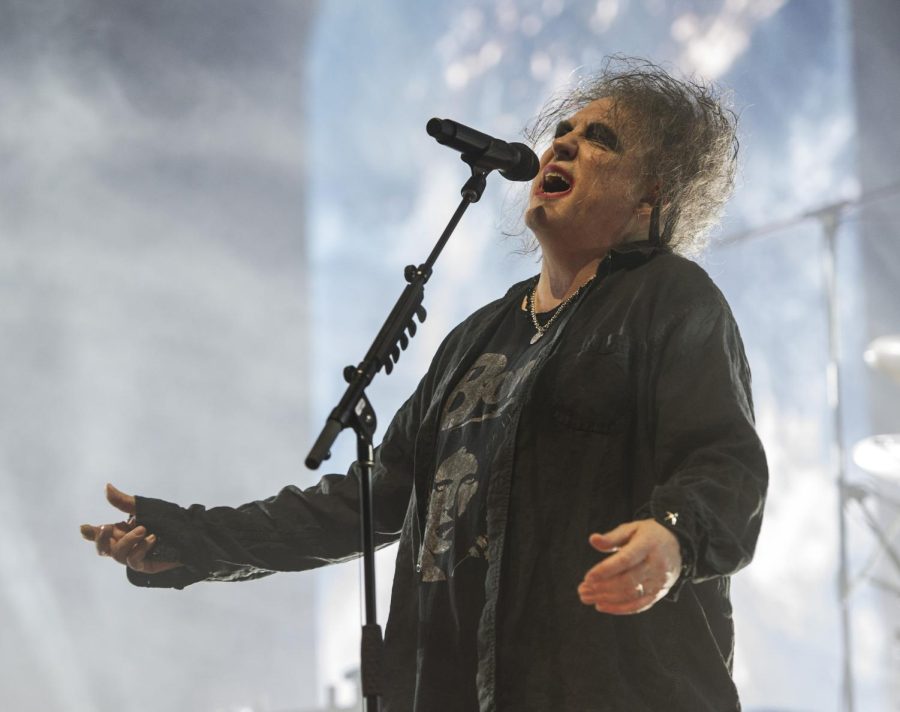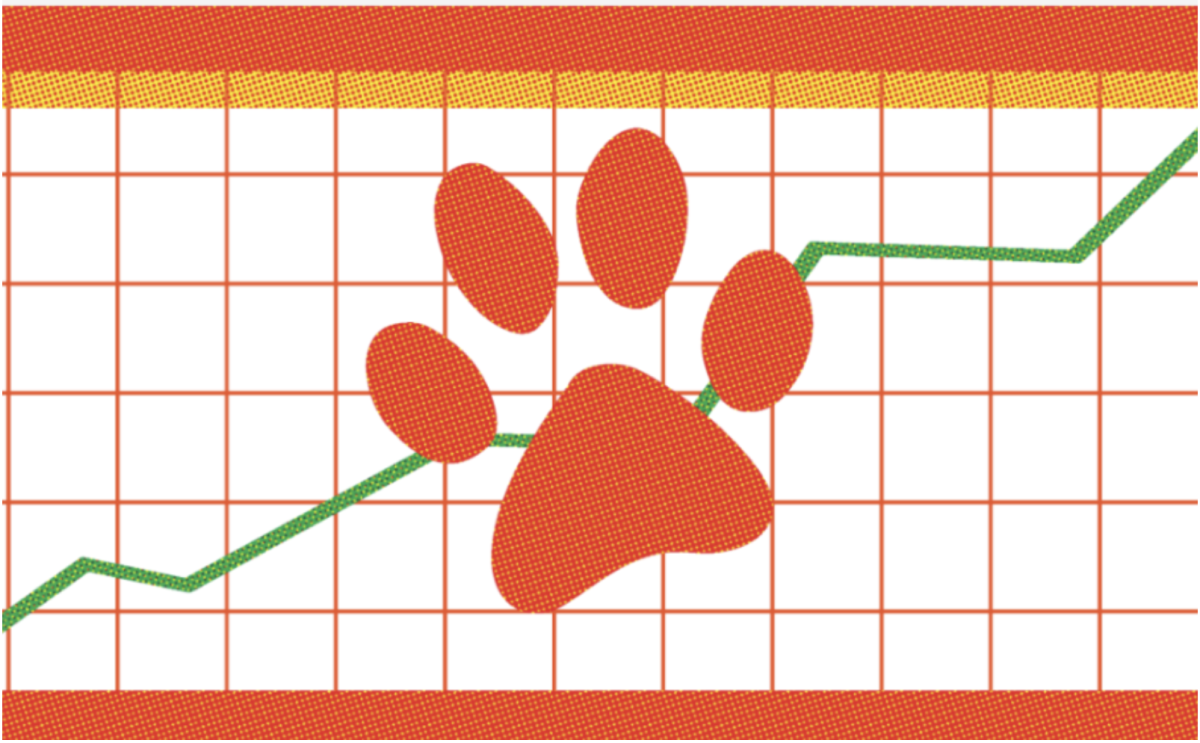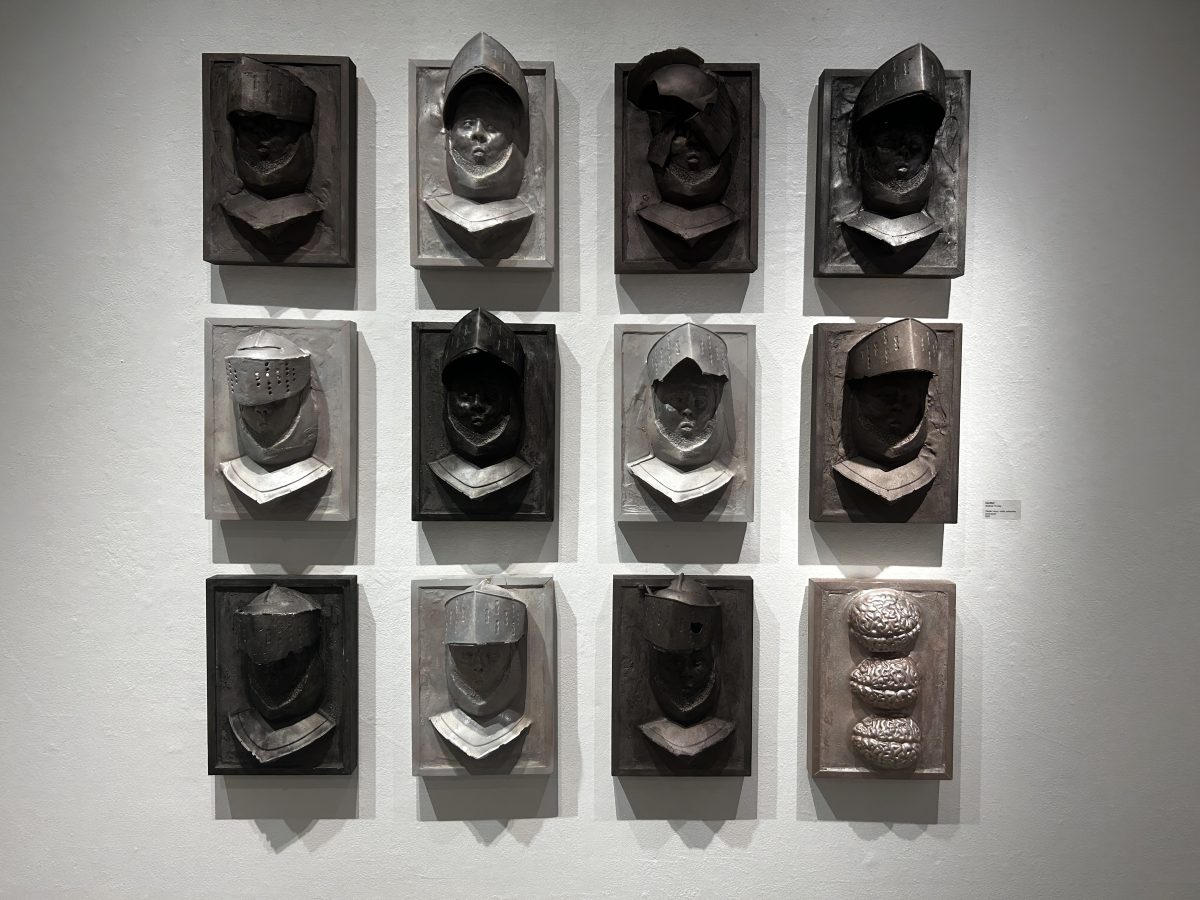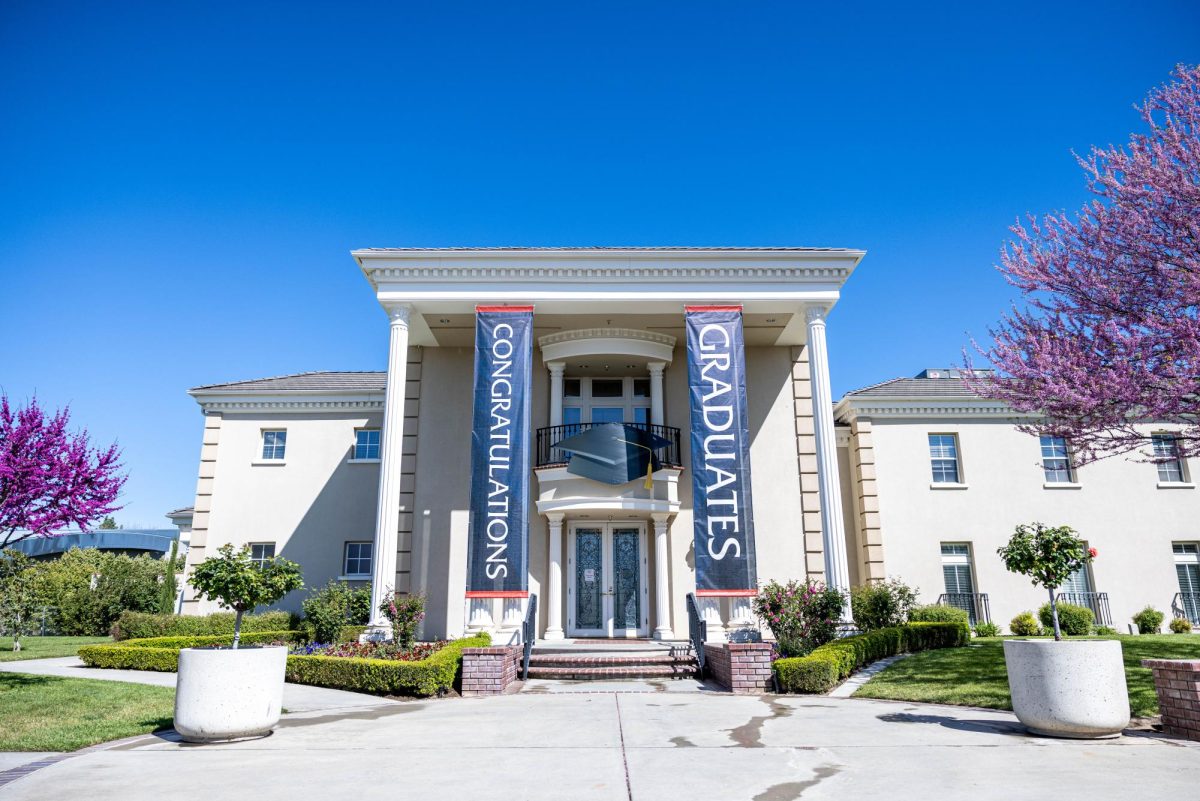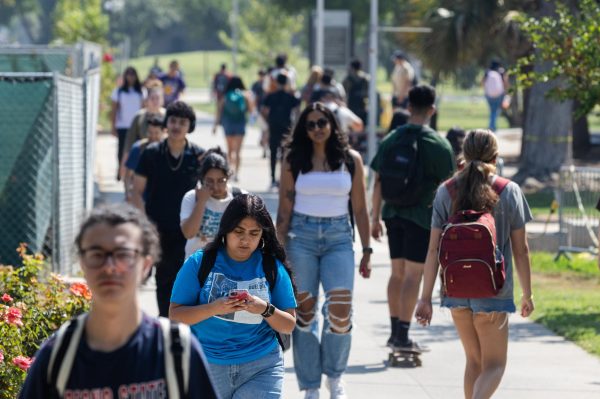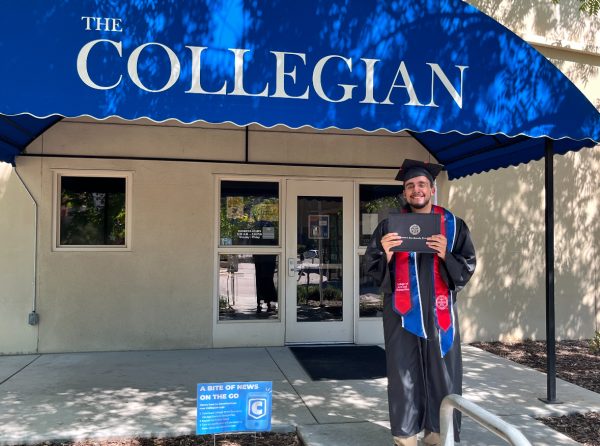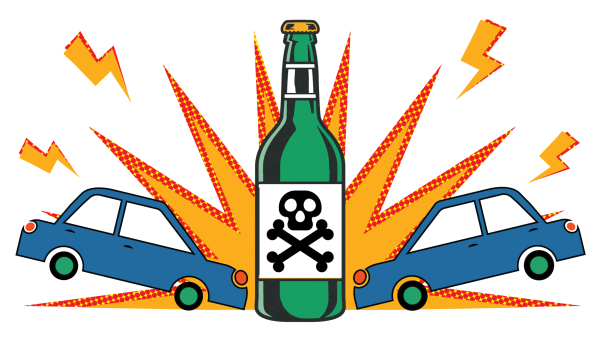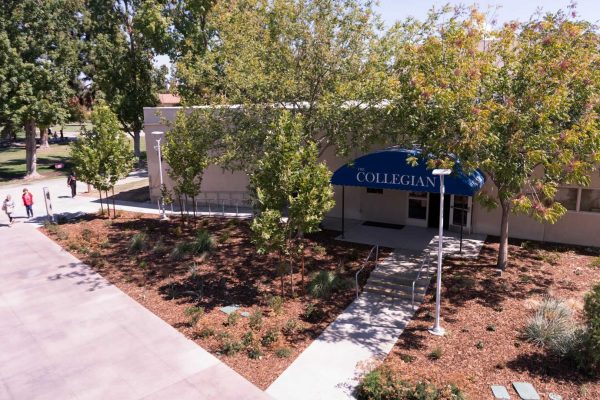Could Ticketmaster be any greedier? Yes. That’s why we need antitrust laws.
Robert Smith of The Cure performs live at the OVO Arena Wembley in London on Dec. 11, 2022. (Zoran Veselinovic/Avalon/Zuma Press/TNS)
Mar 23, 2023
Last week, Robert Smith, frontman and founder of English rock band The Cure, spoke out against Ticketmaster on his personal Twitter account, criticizing the high fees added to tickets.
“I am as sickened as you all are by today’s ticketmaster ‘fees’ debacle. To be very clear: the artist has no way to limit them. I have been asking how they are justified. If I get anything coherent by way of an answer I will let you all know. X,” Smith wrote on March 15.
The day after, Smith announced that fans who purchased tickets would get refunds of $5 to $10, but only if fans were registered to Ticketmaster’s “verified fan” system that allows people to gain early access to ticket sales. He also said that fans who bought general tickets on Friday would “incur lower fees.”
“Ticketmaster have agreed with us that many of the fees being charged are unduly high,” he said in a separate post on Twitter.
Ticketmaster has faced harsh backlash from ticket buyers and even Congress for its high fees and monopolistic business practices.
As the dominant market force in the U.S., Ticketmaster controls over 70% of the market for live events and tickets, as reported by Yale economist Florian Ederer. Because of this, Ticketmaster can add ludicrous fees to ticket prices without the fear of facing competition.
Last year, Ticketmaster’s handling of Taylor Swift tickets also drew the ire of fans, leading to the Justice Department to open an antitrust investigation against Live Nation, the owner of Ticketmaster.
If these recent blunders from Ticketmaster will lead to more antitrust laws, then I’m all for it.
In The Cure’s case, they purposefully kept ticket prices low in order to make their concerts more accessible, but Ticketmaster’s fee system i led to egregious prices. One fan posted on Twitter a picture of the fees added to their tickets, showing that though the four tickets they purchased were $20 each for a total of $80, a service fee and a facility charge was added to each ticket, plus a one-time order processing fee, for a total of $172.10.
During Taylor Swift’s “Eras” Tour, Ticketmaster’s system crashed and failed to meet the demands of fans. In both cases, Ticketmaster’s stranglehold over the ticket market is ultimately what kept it safe from worrying about the competition coming in to clean up their mess. Simply put, the competition can’t keep up with Ticketmaster.
Antitrust laws would not only allow competitors to get a more reasonable share of the market, but more importantly, it could lead to lower ticket prices.
As I mentioned before, the reason Ticketmaster is able to brazenly get away with its fees is because of its market share control.
The introduction of antitrust laws could also lead to the end of other harmful business practices from corporations, such as lotteries and drawings. Ticketmaster and other companies like Nike have lotteries that customers can enter to have a chance to buy their products. The problem is these companies create artificial scarcity by holding off on products, either by purposefully manufacturing low amounts of products or by releasing them in slow increments. This, in turn, drives the prices up, as there is an illusion of low supply for high demand.
Regardless of what business tactics Ticketmaster uses, they are in a position to benefit from ticket sales and comfortably safe from the competition with their monopoly. If we want to see lower prices for event tickets, the DOJ’s antitrust investigation on Ticketmaster could potentially be the stepping stone for cheaper prices.




